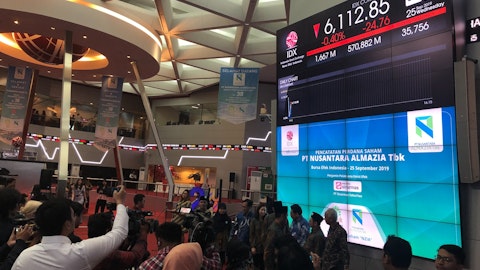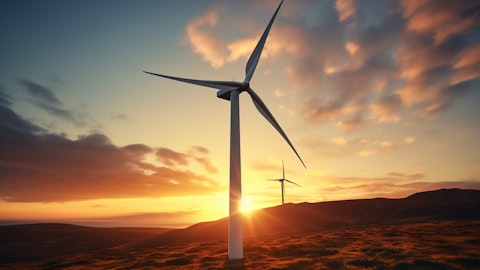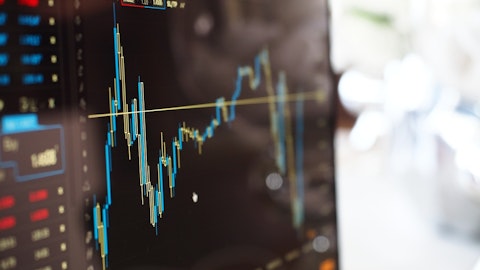Unidentified Company Representative: I would just say that on the cost reduction efforts, like we are not — we are unflagging in our pursuit of additional cost downs for 2024. We do have a good pipeline of them and work on both the engineering side and the factory operations side. And our intention is to like maintain or exceed the trend that you saw, trying as hard as we possibly can.
Rod Lache: The timing of the next-gen product, can you share that?
Elon Musk: Not at this time.
Rod Lache: Okay. And just as a follow-up, obviously, price is also a driver of demand, but that’s obviously not happening in a vacuum. And you mentioned that — I think you mentioned that at some point during this call that you’re also maybe hitting the law of large numbers on some of your products. Can you just share how you’re thinking about price elasticity just at this point in this macro environment? And any thoughts along those lines?
Elon Musk: I think that there’s very significant price elasticity. I mean, to be totally frank, if our car costs the same as a RAV4, nobody would buy a RAV4 or at least they’re very unlikely to. It’s worth noting that a lot of these incentives, like the tax credit and whatnot, they’re actually very difficult for the average person to access because they — most people do not have $10,000 or even $7,500, burning a hole in their bank account. A lot of — a large number of people are living paycheck to paycheck, and with a lot of debt. They’ve got credit card debt, mortgage debt. So, that’s reality for most people. It’s sometimes difficult for people who are high income and I’d say high to be like someone who’s earning over $200,000 a year to understand what life is like for someone who is earning $50,000 or $60,000 or $70,000 a year, which is most people.
So like for a lot of people, like this tax credit just — they can’t front $7,500 for 18 months or even 6 months to get — for the tax credit, and they actually don’t, in some case, even have that $7,500 in taxes. So, it’s really just the best regard to people is how much money do they have to pay immediately and how much per month. That’s it. I think you stop right there. And our car is still much more expensive than a RAV4 when you look at it that way.
Vaibhav Taneja: Now one other thing which I’ll add, when you look at car buying in general, we’re trying to get to the next set of EV adapters.
Elon Musk: Not an EV adapter. Just who wants a great car.
Vaibhav Taneja: Exactly.
Elon Musk: It’s not — so now you get things like — honestly, I would say it’s like — somewhat correlates with why doesn’t everyone work from home crowd. I’m like — I mean this is like some real Marie Antoinette vibes from people who say why is there no work from home. Like what about all the people that have to come to the factory and fill the cars or that all people that have to go to the restaurant and make your food and deliver your food. It’s like what are you talking about, you — I mean, how detached from reality does the work from home crowd have to be? While they take advantage of all those who do — who cannot work from home. So, I mean, you have to say like why did I sleep in the factory so many times, because it mattered.
So I just can’t emphasize again how important cost is. It’s not an optional thing for most people, it is a necessary thing. We have to make our cars more affordable that people can buy it. And I keep harping on this interest thing, but I mean it just raises the cost of the car. I mean, we’re looking an internal analysis, which we think is more or less on track that when you look at the cost — or the price reductions we’ve made in, say, the Model Y and you compare that to how much people’s monthly payment has risen due to interest rates, the price of the Model Y is almost unchanged.
Vaibhav Taneja: If you factor in the…





